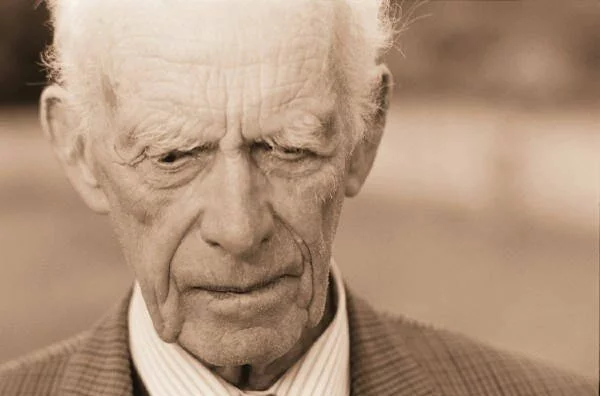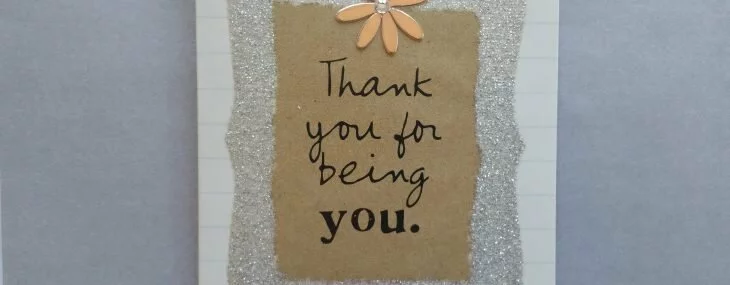A civil culture honors, respects, and values the elderly. — Deborah King
Have we become a society that only grants honor to the strong, successful, popular, wealthy, and beautiful? If so, what happens to the feeble, elderly, awkward, poor, and unattractive?
Civility is closely linked with honor. To confer honor on another person is a selfless and generous act requiring respect and integrity. To honor those we hold in high regard is not difficult. The challenge arises when honor must be demonstrated toward an individual that we do not respect. It is then that we realize that honor is less about who the other person is than about who we choose to be. In situations like this, we must focus on the position the person holds and honor them for that so we can act with sincerity.
Honor extends far beyond public figures or positions and reaches into daily interactions at home and in the community. In fact, if we are unable to demonstrate honor at home and in our daily interactions, we are not likely to demonstrate honor elsewhere.
Honorable people are generous and understand the value of giving honor to those who merit it. In a society that is obsessed with youth, fame, speed, beauty, wealth, and success, there is a danger that we will forget to honor those who do not meet the standard.
I remember a quiet conversation I had years ago with an elderly woman who thanked me for “seeing” her. I was puzzled by her comment and asked her to explain. She said, “In my youth I was vibrant and fully of energy. There never seemed to be enough hours in a day. At home, there were endless baskets of laundry, meals to prepare, cleaning to be done, calls to be answered, and children to be shuffled to and from activities. At work, I was engaged in meetings, hustled to make deadlines, and was asked to volunteer for every event. When I entered the room, people would look my way and smile. I felt my presence made a difference.
“Today, my steps are slow, the house is quiet, and the phone sits silent. When I do go out in public, people rush by and look right past me. I have become invisible. It is rare that anyone notices me.
“Dear, when you stopped and smiled at me, and looked into my eyes, I felt you saw me—you saw my heart. For a brief moment I felt as though I mattered—I felt alive. Thank you.”
My eyes filled with tears. Although I was thankful for being a blessing to her, it was I who was blessed. Ever since that day, I have tried to remember to pause, even in passing, to look and truly see those who are not seen or valued in our fast-paced, youth-obsessed culture.
Unless tragedy strikes, each of us will face the sunset years of life. When my great aunt was in her late seventies, she would often say how few people were still around to remember life as it once was. She said a phone call was more likely to announce the passing of someone dear than to offer an invitation to lunch.
The day will come when we will no longer be engaged in our careers, our families will be raised and may live far away, and we will not volunteer as we always have. Our youth will vanish, our health may become frail, and our finances may be limited, but we will still have value and deserve to be shown honor. In the golden sunset years of life, every person deserves to be seen.
©2013 What Would Mrs King Do? If you would like to use this article in your newsletter or blog, you may do so. Please include our credit information: Written by Deborah King, What Would Mrs King Do? © Copyright 2013. I would also appreciate it if you would send us a copy for our files to [email protected].



Speak Your Mind